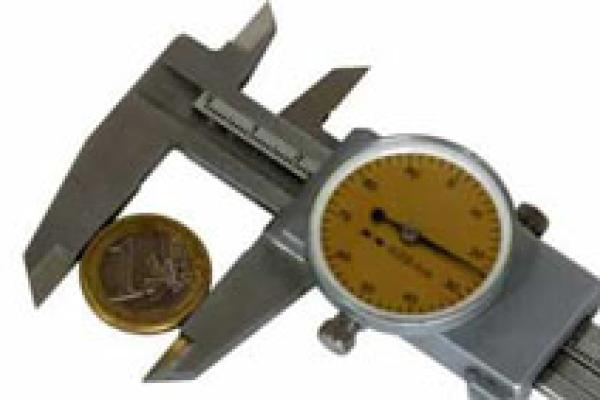Article


Maths in a minute: Utility theory
A hundred pounds is a lot more to someone who's poor than to a millionaire. But how do you measure such differences? Utility theory has the answer.